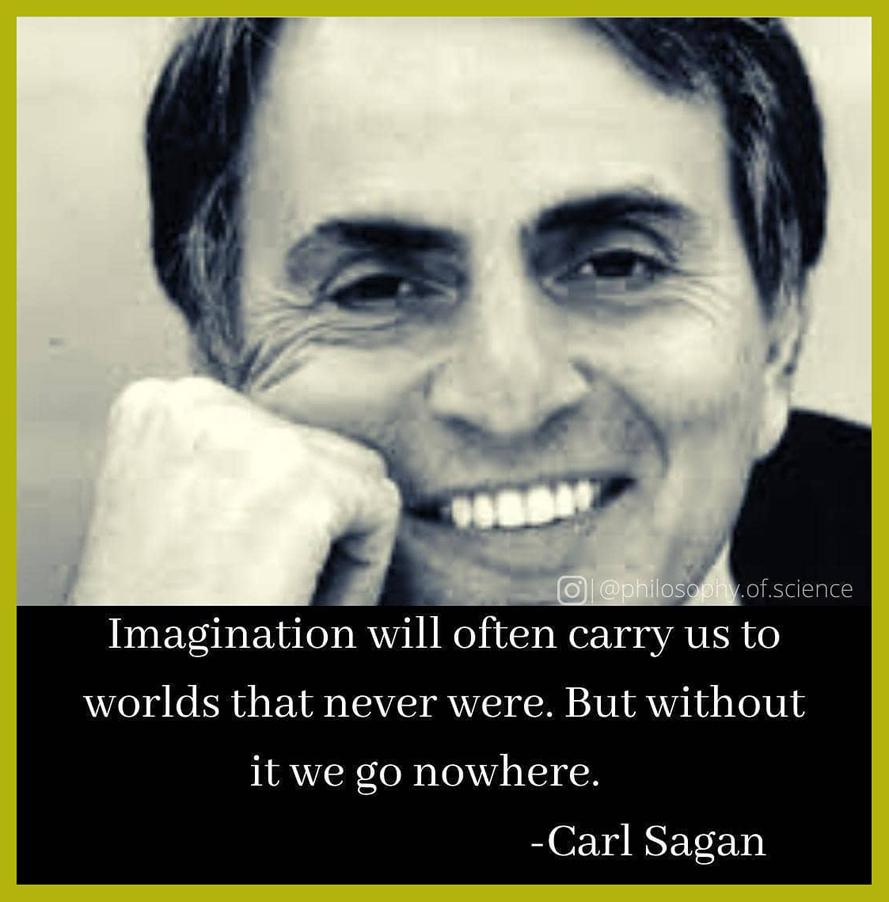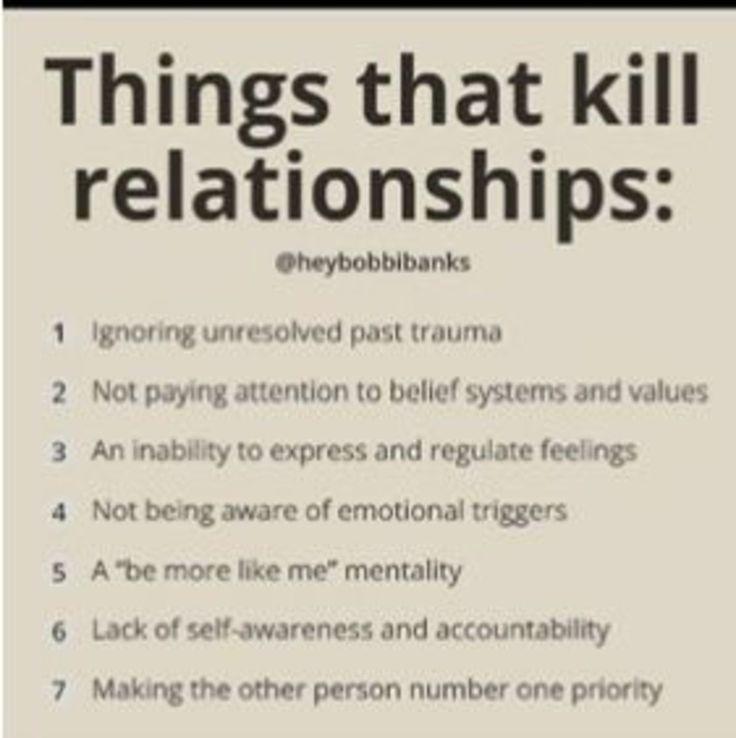In the journey of personal development, self-awareness stands as a cornerstone for building genuine confidence. It serves as a mirror reflecting our true selves, illuminating both strengths and areas for growth. Understanding who we are at our core allows us to navigate life’s challenges with assurance and clarity. In this article, we will explore how cultivating self-awareness not only boosts our confidence but also enhances our ability to make informed decisions, improve relationships, and achieve personal and professional goals. By embracing self-awareness, you unlock the potential to transform your mindset, empowering you to stride forward with unwavering confidence.
Understanding Self Awareness as the Foundation of Personal Growth
At the heart of personal development lies a powerful tool: self-awareness. This essential skill acts as a mirror reflecting our inner thoughts, emotions, and motivations. By recognizing and understanding these internal processes, we can start to dismantle the barriers that hold us back from realizing our full potential. Self-awareness is not just about acknowledging one’s strengths but also confronting weaknesses with courage. This holistic view of oneself cultivates a robust foundation for building genuine confidence.
Developing self-awareness can lead to significant personal growth, offering a clearer path toward self-improvement. Here are a few benefits of enhancing this skill:
- Improved Decision-Making: By understanding your core values and beliefs, you can make choices that align with your true self.
- Enhanced Emotional Intelligence: Awareness of your emotions allows you to manage them effectively, leading to better interpersonal relationships.
- Increased Resilience: Knowing your triggers and stressors helps in developing coping strategies, fostering a stronger sense of resilience.

Identifying Strengths and Weaknesses to Boost Self Confidence
Self-awareness is a powerful tool that enables you to identify your strengths and weaknesses, forming a solid foundation for building self-confidence. By understanding what you’re good at, you can capitalize on these strengths, setting yourself up for success in various endeavors. Here’s how to effectively identify and leverage your strengths:
- Reflect on Past Achievements: Consider instances where you excelled or felt a sense of accomplishment. What skills or attributes did you use? This reflection can highlight your natural talents.
- Seek Feedback: Ask friends, family, or colleagues for honest feedback about your strengths. Sometimes, others can see qualities in you that you might overlook.
- Take Personality and Skills Assessments: Tools like the Myers-Briggs Type Indicator or StrengthsFinder can provide insights into your innate abilities and how you can best apply them.
Understanding your weaknesses is equally important, as it allows you to address them and transform them into areas of growth. Here’s how to effectively manage and improve upon your weaknesses:
- Be Honest with Yourself: Recognize areas where you struggle and consider how they impact your confidence. Honesty is the first step toward improvement.
- Set Realistic Goals: Establish achievable objectives to work on your weaknesses. Break them down into smaller, manageable tasks to avoid feeling overwhelmed.
- Embrace Continuous Learning: Adopt a growth mindset by seeking out opportunities for learning and development. This can involve taking courses, reading, or finding a mentor.
By consciously identifying and nurturing your strengths while constructively addressing your weaknesses, you pave the way for enhanced self-confidence and personal growth.

Practicing Mindfulness Techniques to Enhance Self Reflection
Mindfulness techniques offer a powerful gateway to deeper self-reflection, enabling us to uncover layers of our personality and thought patterns that often go unnoticed. By cultivating a present-focused awareness, we can better understand our emotions, motivations, and reactions. This understanding fosters self-awareness, which is crucial for building confidence. Meditation, deep breathing, and body scanning are some practices that can help us tune into our inner dialogue and observe our thoughts without judgment. Such practices empower us to make conscious choices rather than acting on autopilot.
- Meditation: Set aside a few minutes each day to sit quietly and focus on your breath. Allow thoughts to come and go without attachment.
- Deep Breathing: Engage in slow, intentional breaths to calm the mind and center your focus.
- Body Scanning: Progressively focus on different parts of your body to increase bodily awareness and reduce tension.
Incorporating these techniques into your daily routine can significantly enhance your self-reflective abilities, leading to a more profound understanding of yourself. This self-awareness not only builds confidence but also nurtures resilience and emotional intelligence, equipping you to face life’s challenges with greater assurance.
Developing a Personalized Plan for Continuous Self Improvement
Creating a roadmap for ongoing self-enhancement begins with understanding who you truly are. Self-awareness serves as the compass guiding your journey, enabling you to identify your strengths and recognize areas for growth. It allows you to align your goals with your intrinsic values, ensuring that your path to improvement is both fulfilling and authentic. As you become more attuned to your thoughts, emotions, and behaviors, you can make informed decisions that resonate with your true self.
To craft a personalized plan, consider incorporating the following strategies:
- Reflect regularly: Set aside time each day or week to ponder your experiences and learnings.
- Seek feedback: Encourage constructive criticism from peers or mentors to gain different perspectives.
- Set clear, achievable goals: Break down your objectives into manageable tasks that are aligned with your core values.
- Practice mindfulness: Engage in activities that heighten your awareness of the present moment, such as meditation or journaling.
- Monitor progress: Regularly assess your achievements and setbacks, adjusting your plan as necessary.
By integrating these techniques, you not only bolster your self-awareness but also lay a solid foundation for building unshakeable confidence. This self-assuredness propels you forward, enabling you to tackle challenges with resilience and grace.




